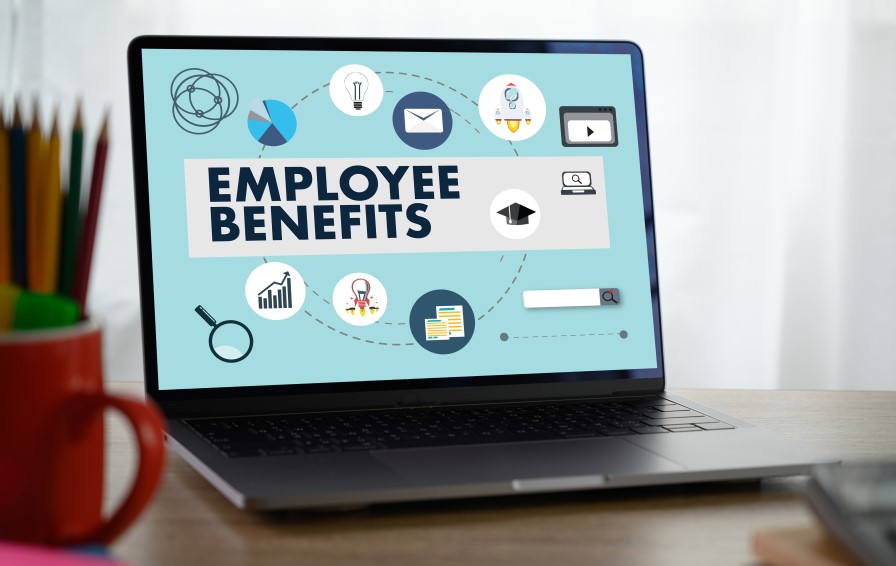As the pandemic drags on, there may be many unintended consequences for businesses in relation to benefits that you provide in addition to salary and wages, namely FBT. While exemptions and concessions may be available to reduce or eliminate the amount of FBT business have to pay, care should be taken to avoid any excess amounts.
An essential item in today’s work environment is personal protective equipment including gloves, masks, hand sanitisers, wipes, and anti-bacterial spray. If your business provides these or other items to your employees to help protect them from contracting COVID-19 while at work, FBT may be payable on these items.
However, these items may be exempt from FBT under the emergency assistance exemption if you provide them to employees who have physical contact with, or are in close proximity to, customers or clients while carrying out their duties, or those employees involved in cleaning premises.
Examples of the type of work where protective equipment would be exempt from FBT include medical (eg doctors, nurses, dentists and allied health workers), retail, café and restaurant, hairdressing and beautician, airlines, and cleaning services.
If your employees’ specific employment duties do not include the aforementioned fields, your business may still be able to apply the minor benefits exemption in relation to the personal protective equipment so long as the benefit is minor, infrequent, irregular, and under $300 to avoid excess FBT.
For those employers that have provided equipment such as laptops, portable printers, and other electronic devices to enable their employees to work from home, remember these items will usually be exempt from FBT on the proviso that they are primarily used by the employees for work purposes.
In addition, if you allow your employee to use a monitor, mouse or keyboard that they would otherwise use in the workplace, provide them with stationery or computer consumables, or pay for their phone and internet access, the minor benefits exemption or the otherwise deductible rule may apply to reduce the amount of FBT your business may have to pay.
Employers that provide their employees with emergency accommodation, food, transport and other assistance due to the impacts of the pandemic may not have to pay FBT on those benefits under certain conditions.
For example, expenses such as those incurred in paying for an employee’s flights home to Australia or expenses incurred for food and temporary accommodation if an employee cannot travel due to restrictions would be considered FBT exempt under the emergency assistance exemption. Similarly, benefits provided that allow an employee to self-isolate or quarantine, and transport (including car hire) to temporary accommodation would also be considered FBT exempt.

